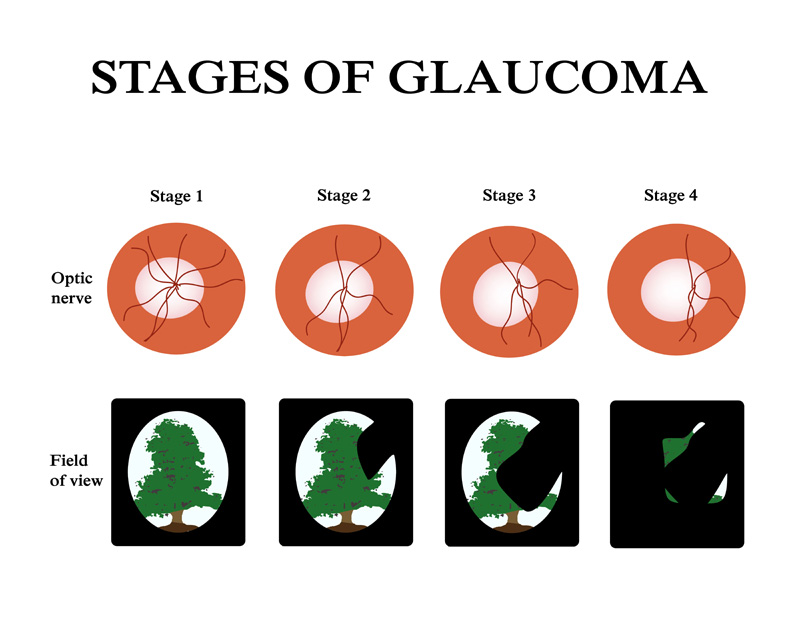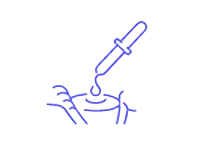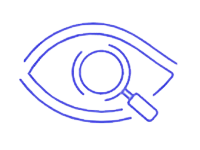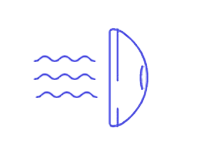There are a variety of surgical treatments, all of which aim to reduce the eye pressure. If glaucoma eye surgery is deemed appropriate, then a specialist glaucoma surgeon has a number of options available.The choice will be determined by the type of glaucoma, its severity and any other health problems you have.
The possibilities of laser treatment and glaucoma eye surgery include:
- Selective laser trabeculoplasty (SLT): A form of laser glaucoma surgery used to treat open-angle glaucoma, whereby the surgeon increases the fluid drainage from the eye.
- Laser peripheral iridotomy (LPI): Another type of laser glaucoma surgery, the pressure within the eye is reduced by making a small opening in the iris itself. This is commonly used in cases of closed angle glaucoma.
- Trabeculotomy (Filtering Surgery): This is a glaucoma surgical procedure that involves removal of a tiny areaof the eye wall (sclera) to allow drainage of aqueous humor.
- Antiglaucoma Valve Surgery: Again, an option for all types of glaucoma involves placing a tiny tube within the eye through which the aqueous fluid can drain.
Selective laser trabeculoplasty (SLT) is a popular choice for the treatment of the most common forms of glaucoma. It is often the procedure of choice when eye drops and/or other drugs have failed to reduce internal eye pressure to a sufficient extent or the side effects are very serious. There is a possibility that it will have to be repeated in the future.
SLT is performed by a glaucoma specialist surgeon, your eyes will become numb with eye drops and a special contact lens placed on the eye. The surgeon uses a high-energy laser to make up to 100 mini scale burns on the trabecular meshwork within the eye. It takes less than 10 minutes to performand there is very little discomfort.















